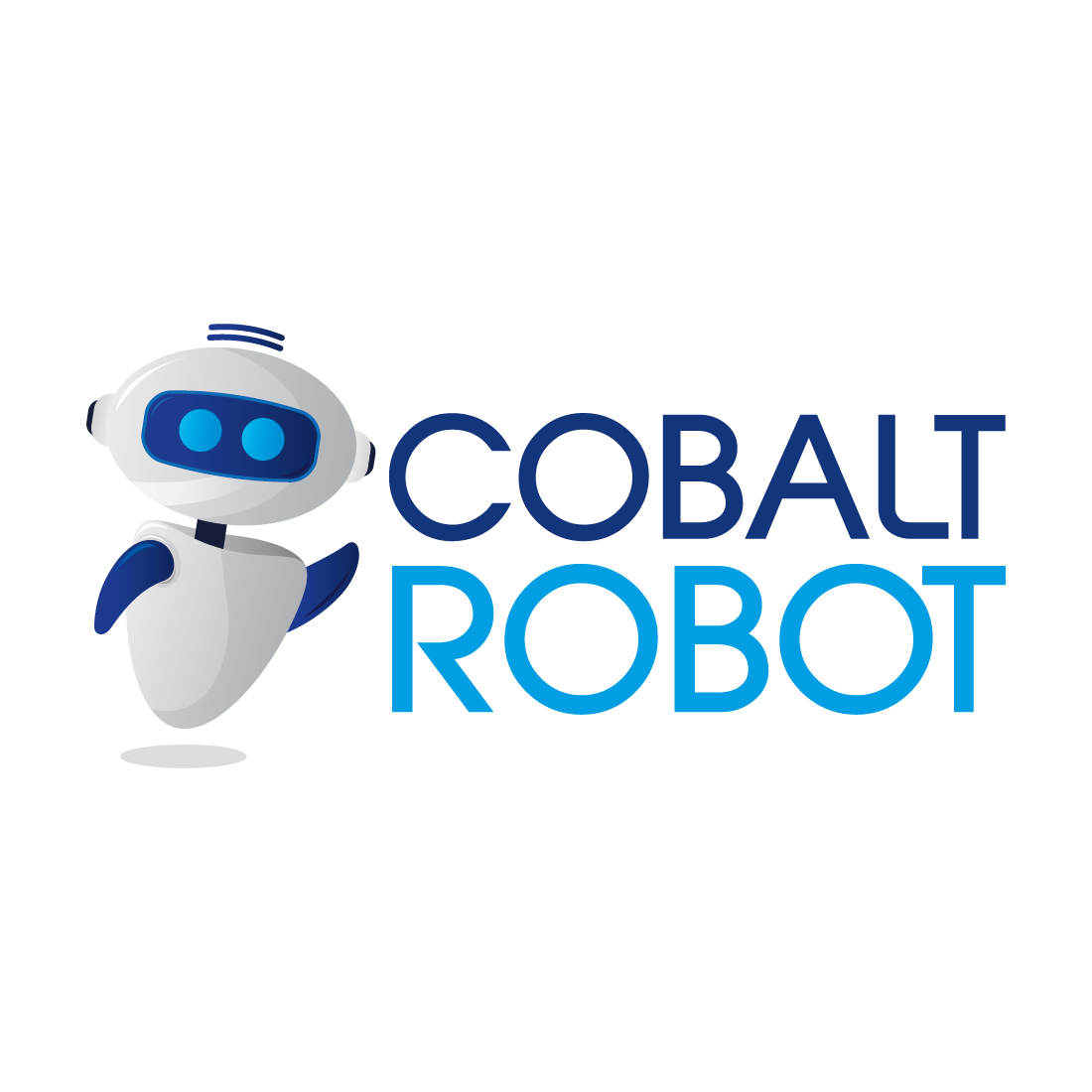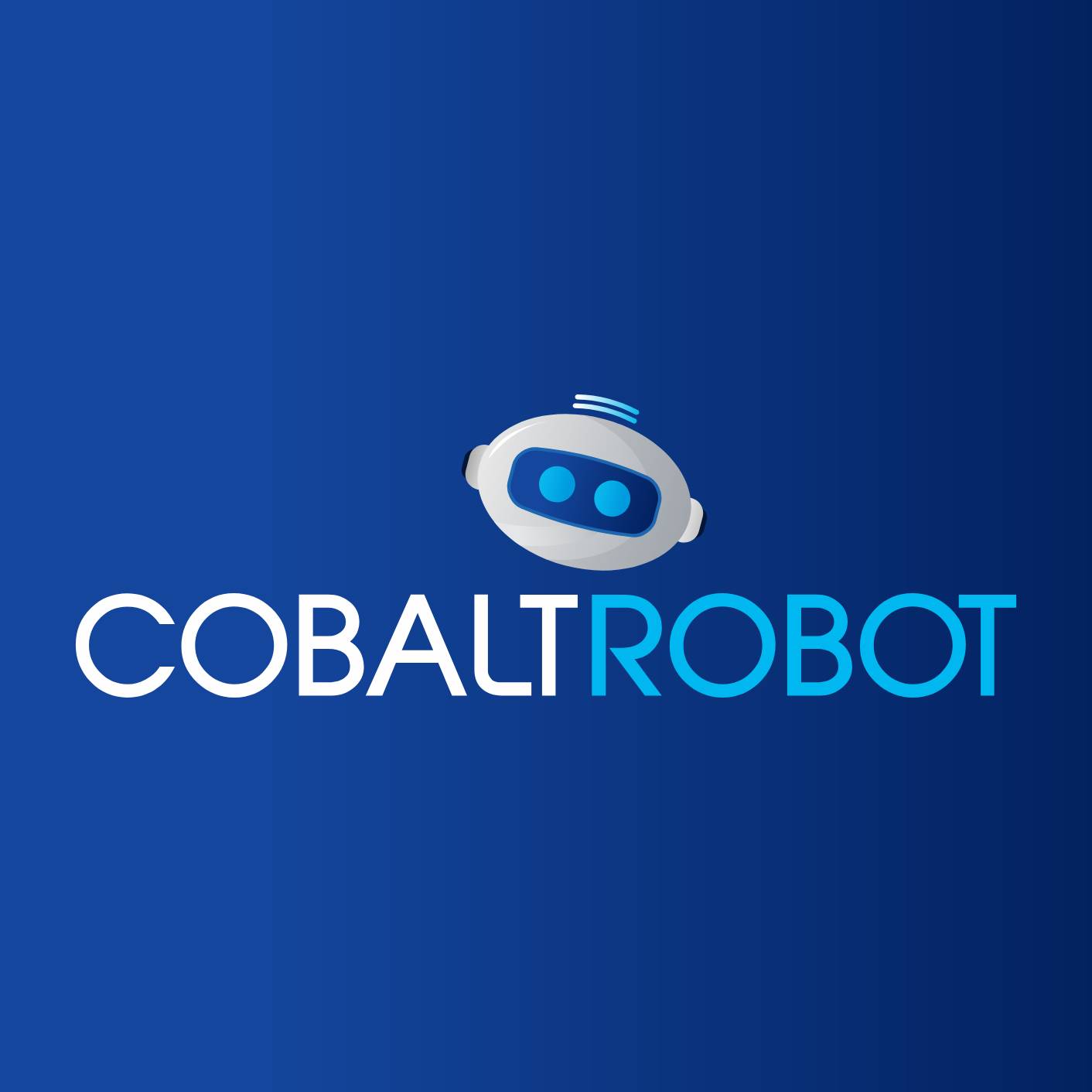Artificial intelligence (AI) might seem like something reserved for tech giants or corporations with deep pockets. But in reality, AI has become a game-changer for small businesses, offering tools that are not just affordable, but also incredibly effective at driving growth and efficiency.
If you’ve been wondering, “How can AI help my small business?” this guide is here to unpack its potential and show you how to get started.
What is AI and Why Should Small Businesses Care
AI refers to the use of machines or software to perform tasks that typically require human intelligence. From making recommendations on Netflix to powering virtual assistants like Siri, AI is everywhere. But why should you, as a small business owner, care?
For starters, AI can help small businesses compete with larger rivals by streamlining processes, improving customer experiences, and creating better-targeted marketing campaigns. With an increasing number of AI-powered tools designed specifically for small businesses, there’s never been a better time to see what AI can bring to the table.
AI Applications for Small Businesses
Automating Tasks
Repetitive tasks are a time drain for any small business. AI can help by taking over these mundane processes, allowing you to focus on higher-value work.
- Bookkeeping and accounting: Tools like QuickBooks and Xero use AI to categorize expenses, reconcile accounts, and even predict cash flow trends.
- Scheduling: AI scheduling apps like Calendly or Microsoft Bookings can manage your calendar, book appointments, and send reminders automatically.
- Data entry: AI tools such as UiPath and Zapier can automate data entry and reduce errors, saving time for you and your team.
Improving Customer Service
Customer service can make or break a small business, and AI is a powerful way to elevate the experience.
- Chatbots: AI chatbots like Drift or Intercom provide instant, 24/7 responses to customer inquiries, handling common questions while freeing up your team.
- Sentiment analysis: AI platforms like MonkeyLearn analyze customer reviews and feedback to gauge customer sentiment, helping you make data-driven improvements.
- Personalizing customer interactions: AI-powered CRM tools such as HubSpot or Salesforce tailor communications based on user behavior, creating a more engaging and personalized experience.
Enhancing Marketing Efforts
Marketing is critical for small businesses—but it can also feel like an overwhelming challenge without the right tools. AI comes to the rescue here, too.
- Ad targeting and optimization: Google Ads and Facebook Ads use machine learning to identify the best audiences for your campaigns and optimize results in real time.
- Content creation: Tools like Jasper (formerly Jarvis) or Writesonic can generate creative ad copy, social media posts, and even full-length blog articles.
- Email campaigns: AI-powered tools like Mailchimp use data to determine the best times to send emails, craft personalized subject lines, and automate follow-ups.
Streamlining Operations
Efficient operations are key to running a successful small business. Luckily, AI can help streamline almost every aspect of how you work.
- Inventory management: Platforms like TradeGecko or Cin7 use predictive analytics to monitor inventory and ensure you’re never overstocked or understocked.
- Supply chain optimization: AI tools analyze supplier performance and delivery schedules to reduce delays and costs.
- Employee productivity: Project management tools like Trello or ClickUp use AI to assign tasks, set deadlines, and keep your team organized.
Case Studies Real-World Examples of AI in Small Businesses
Hearing about AI’s potential is one thing, but seeing it in action is another. Here are some real-world examples of how small businesses are leveraging AI:
- Bakery Chain Streamlining Customer Orders
A small bakery chain implemented a chatbot on its website to collect orders, answer FAQs, and suggest upsells like cookies or drinks. The result? A 30% increase in online sales and fewer interruptions for staff.
- Boutique Marketing Agency Enhancing Content Creation
A boutique marketing firm started using Jasper for content generation. They cut writing time for blogs and social posts in half while maintaining high-quality material that resonated with audiences.
- Local Retailer Improving Inventory Management
A local clothing boutique adopted TradeGecko to monitor best-selling items and adjust purchasing decisions. Over six months, they significantly reduced overstock and increased profits by 15%.
These examples demonstrate that AI isn’t just for big corporations. Small businesses across industries are already reaping the rewards.
Getting Started with AI Practical Tips and Tools
If you’re ready to explore AI for your small business but aren’t sure where to begin, these tips and tools will set you on the right path.
- Start Small
Don’t try to overhaul your entire business with AI all at once. Begin with one department or process, like customer service or bookkeeping, and gradually expand.
- Identify Pain Points
What’s slowing your business down? Is it manual inventory tracking? Or perhaps you spend hours crafting social media posts? Zero in on your biggest challenges, and look for an AI tool tailored to solve them.
- Explore Free Trials
Many AI platforms like HubSpot, QuickBooks, and Mailchimp offer free versions or trials. This lets you test their features and see if they suit your needs before committing.
- Train Your Team
AI tools are only as effective as the people using them. Train your staff to understand the benefits and functionalities, so they can incorporate AI seamlessly into their workflow.
- Keep Learning
AI evolves rapidly, and staying informed about trends and tools is essential. Follow industry blogs, attend webinars, and join communities focused on AI innovation.
Why AI is the Future for Small Businesses
AI isn’t just a buzzword; it’s a powerful tool for building efficiency, enhancing customer satisfaction, and driving profitability. Businesses of all sizes can benefit from AI, but small businesses stand to gain the most by leveling the playing field against larger competitors.
By automating repetitive tasks, improving customer interactions, and providing smart insights, AI can help your small business thrive in a competitive world. The key is to start small, choose the tools that align with your specific goals, and stay adaptable as AI technology continues to grow.
Want to experience the power of AI firsthand? Explore tools like Jasper to streamline your content creation or HubSpot for smarter customer engagement. The possibilities are endless, and your business’s potential just got a whole lot brighter!


